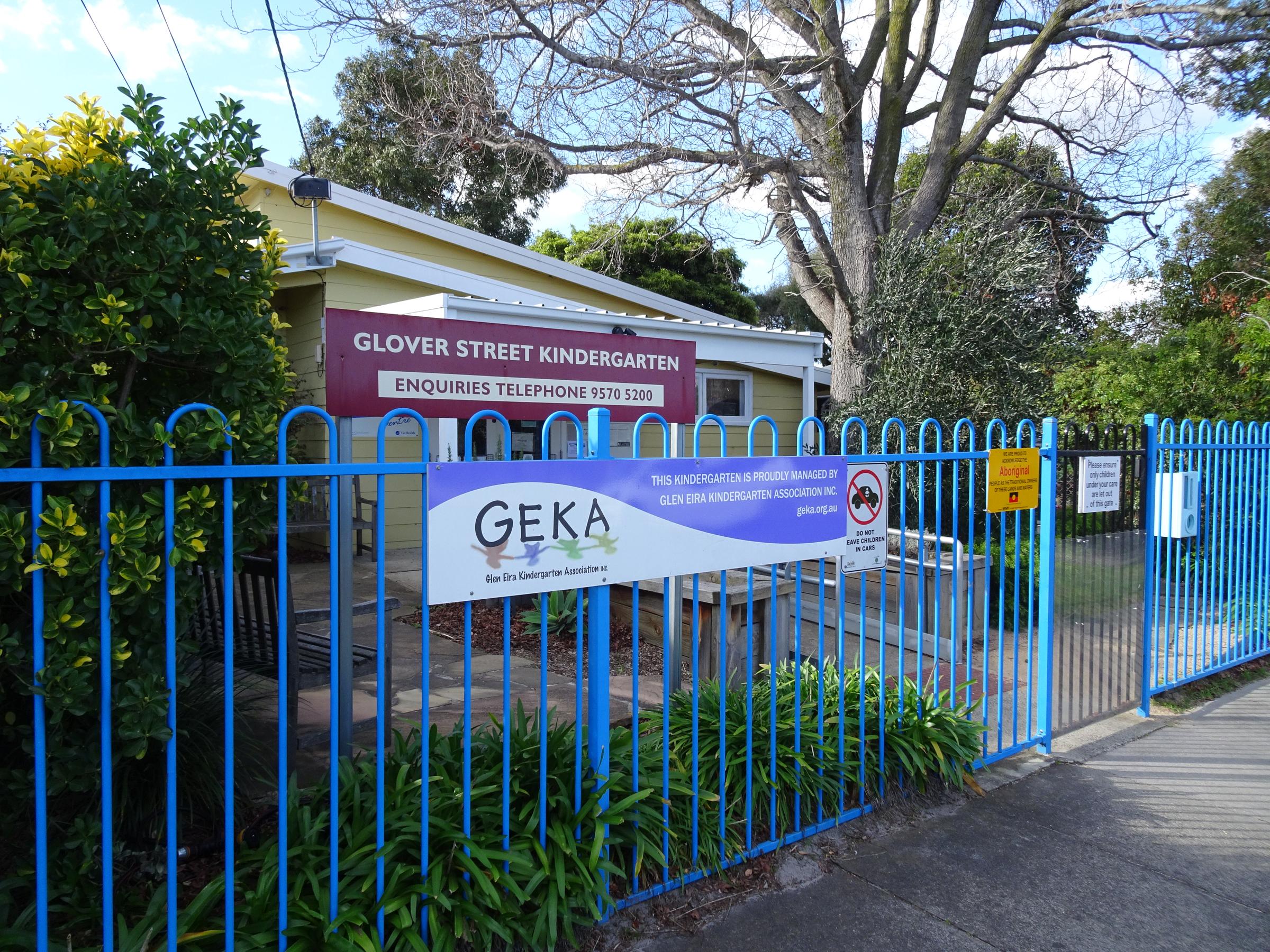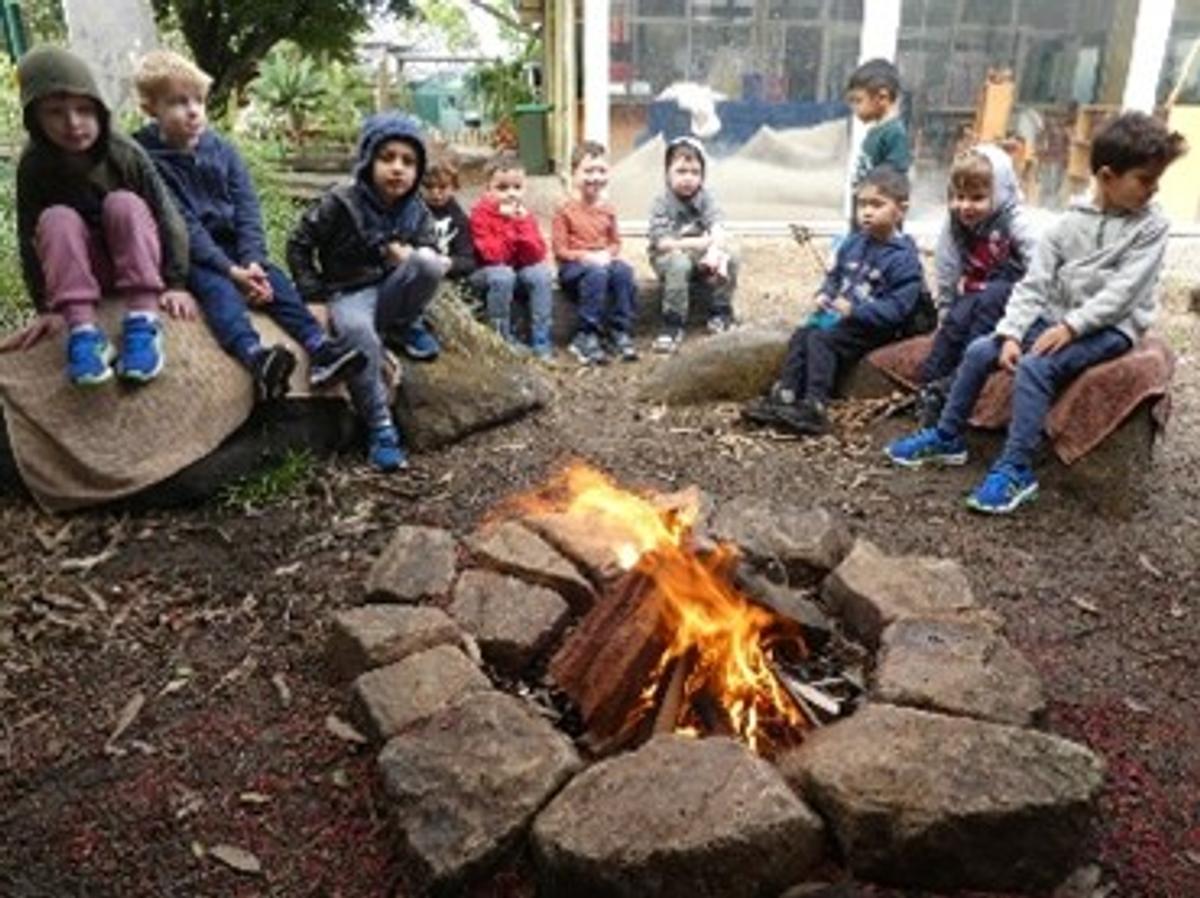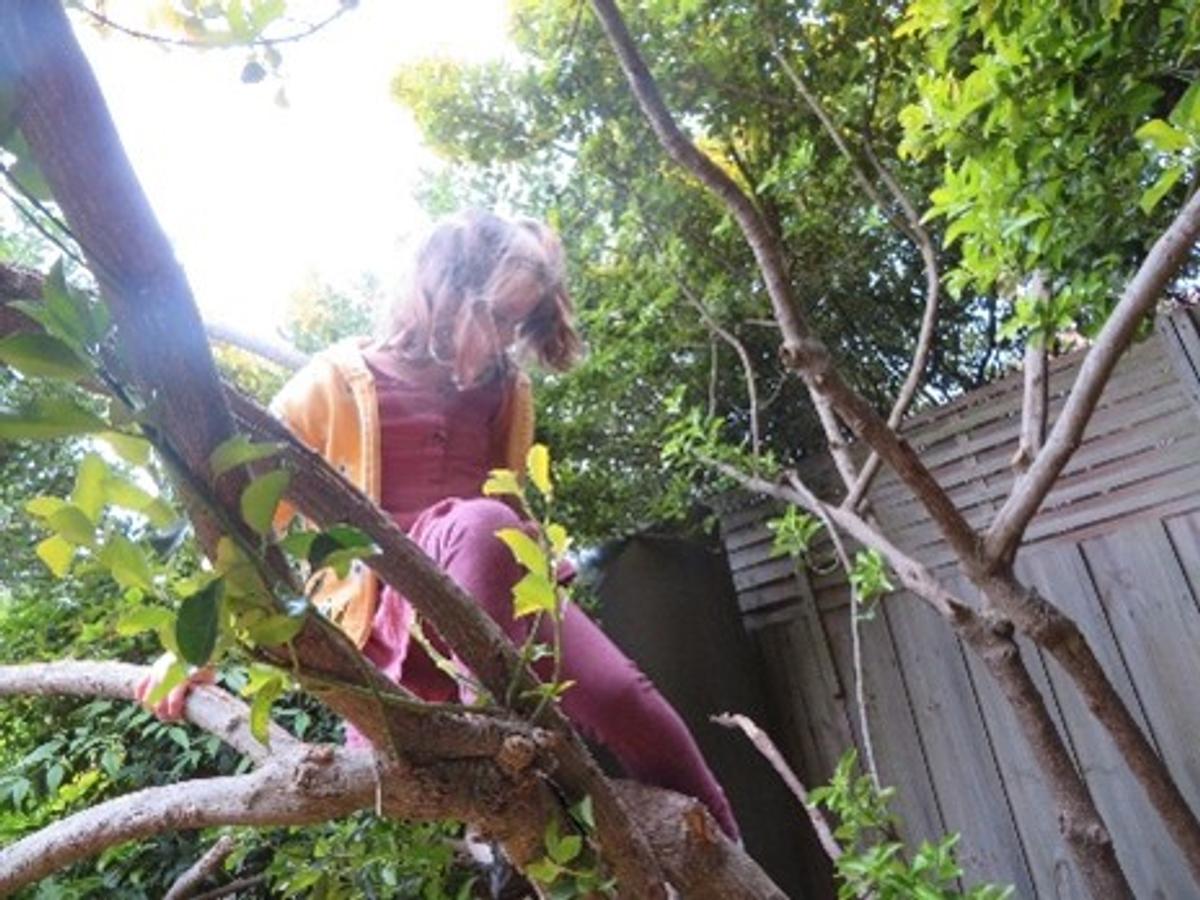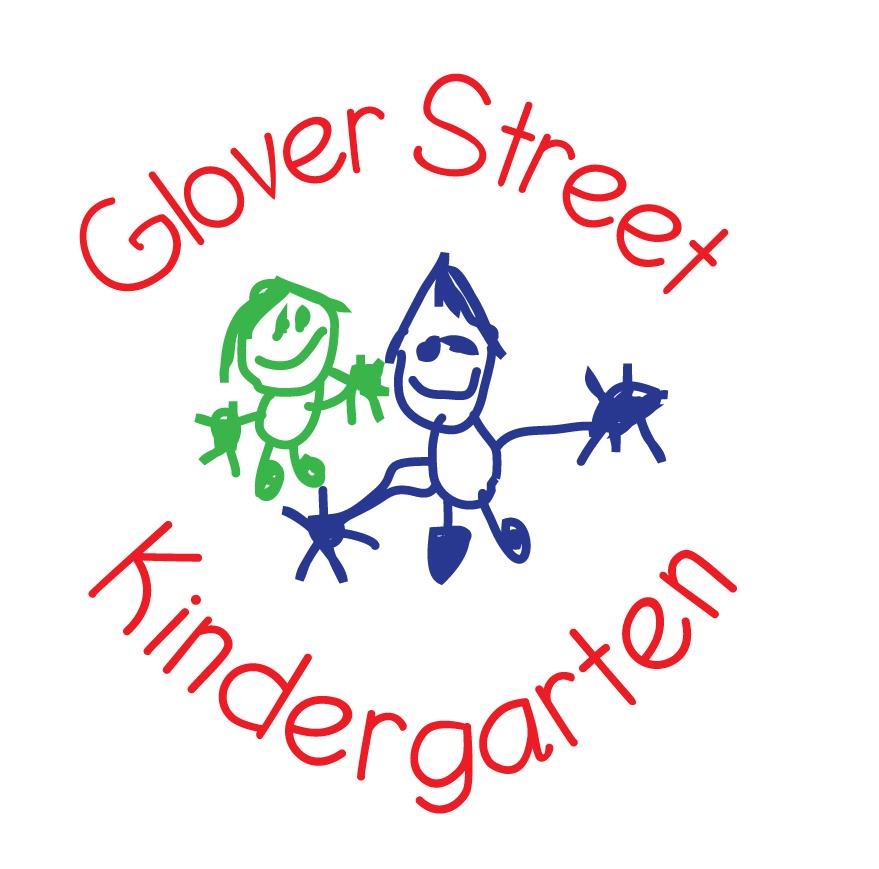GEKA Glover Street

Risk-benefits
By Jess Sloane
At GEKA Glover Street Kindergarten we encourage children to take risk in their play providing them with a safe environment to do so.
Risky play can be defined as thrilling and challenging forms of play with the potential risk of physical injury. We believe risky play offers children opportunities to challenge themselves, explore boundaries, test their limits, and learn to make decisions about injury and risk.
While we value these aspects of risky play, we understand it can be quite a daunting feeling thinking about children at this age taking risks. Although there is potential for some bumps and bruises during risky play the positive benefits far out way the negatives.
To ensure we are providing a safe environment for the children to explore and partake in risky play we perform risk assessments, daily yard checks ensuring all areas inside and outside are free of hazards, safety checks on structures and resources used, and always ensure adequate supervision. All our staff are first aid qualified, undergoing annual refresher courses and we adhere to GEKA policies to ensure safe practice is consistently followed.
“Thoughtfully designing an environment encourages children to see out their own challenges provides a balanced approach to risk. As educators we ‘set the scene’ and respond to children’s thinking processes.
Can I? How high? What if?
Each child is on their own learning journey, what is an everyday experience for some may be untried and risky for others.
At GEKA Glover Street Kindergarten, our unhurried approach means we have time to recover and try again another day or problem solve and persist all day. Both are equally valued ways to engage in risky play and foster children’s resilience skills and develops positive self-identities.” – Cheree
Risky play in early childhood can help develop a child’s self-confidence, resilience, and risk-management skills. Luckily at GEKA Glover Street Kindergarten we have a very strong team of educators who work together to create safe environments for children to engage in risky play.
Some examples of risky play that the children at GEKA Glover Street Kindergarten seek out are jumping, climbing, swinging, water play, slides, balancing, loose parts play, bikes, building blocks, and cooking just to name a few.
It is also important that children understand risk. We talk to the children about the potential risk involved in the experience they might be participating in and help them to gain the knowledge and skills to perform their own risk assessments. This is giving the child the ability to assess the situation, re-think their approach and consider their own health and safety.
Risky play is not limited to jumping from the highest ledge or finding the biggest tree at the park to climb. Risky play happens indoors when children participate in cooking experiences, science experiments, building blocks.
While we offer many opportunities for children to explore indoors and outdoors and choose the level of risk in their play it is also important that they get these opportunities to explore risky play at home, at the park, on holidays. Risky play is helping build children’s confidence, resilience and self-awareness, giving them the tools needed to assess all sorts of situations as they grow in this world.
While there are many benefits to risky play including emotional development and the development of important life skills (such as problem solving, understanding consequences to their actions) it is not always an easy task as educators to step back and watch children taking these risks. There are still moments where our hearts sink into our stomach as we watch children climbing trees or swinging to great heights. However, we view children as capable and are confident in the choices they make in regard to risky play. We are also confident in the teaching, supervision, qualifications, and environments provided by all of the educators at GEKA Glover Street Kindergarten.
“Every child is unique. Every child has the right to be valued, cared well, to be respected and recognised. All they need is support and help to make the way for their future.” –Bhargavi
LINKING RISKY PLAY TO THE EARLY YEARS LEARNING FRAMWORK:
- Outcome 1 – Children develop their emerging autonomy, inter-dependence, resilience and sense of agency
- Outcome 3 – Children become strong in their social and emotional wellbeing
- Outcome 4 – Children develop a range of skills and processes such as problem solving, inquiry, experimentation, hypothesising, researching and investigating
“…the more risks you allow children to take, the better they learn to take care of themselves. If you never let them take any risks, then I believe they become very prone to injury. Boys should be allowed to climb tall trees and walk along the tops of high walls and dive into the sea from high rocks… The same with girls. I like the type of child who takes risks. Better by far than the one who never does so.”
― Roald Dahl, My Year




